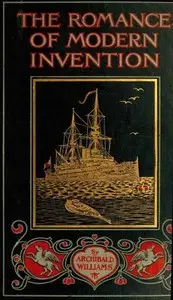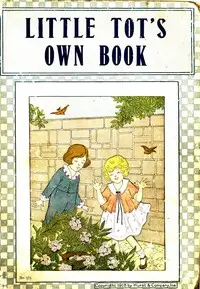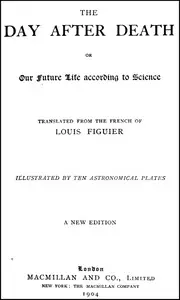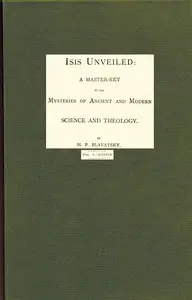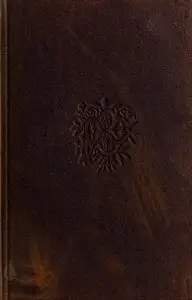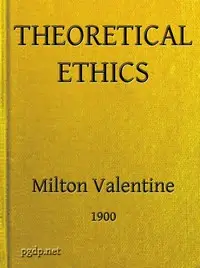"The Tyranny of God" by Joseph Lewis is a philosophical treatise advocating for atheism, written in the early 20th century. The book presents a bold critique of religious beliefs and discusses the misconceptions surrounding the concept of God, which Lewis argues creates a tyranny over human thought and existence. It challenges traditional views on life, suffering, and the universe, aiming to promote reason and critical thinking. In this work, Lewis explores the harsh realities of human existence, positing that life is fraught with pain, suffering, and injustice—a consequence of both natural conditions and the imagined deity. He questions the purpose of life, arguing that the world is indifferent to human woes, and expresses disdain for a God who has created a flawed existence filled with misery. Throughout the text, he calls for individuals to cast off the shroud of religious dogma and embrace a rational understanding of life grounded in human experience rather than superstition. Lewis resonates with readers who seek to understand their existence beyond the confines of faith, ultimately advocating for a profound change in how humanity perceives itself and its struggles against the "tyranny" imposed by traditional religious beliefs. (This is an automatically generated summary.)
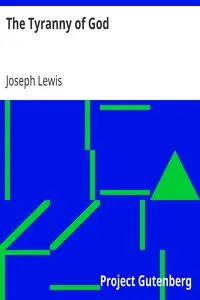
The Tyranny of God
By Joseph Lewis
"The Tyranny of God" by Joseph Lewis is a philosophical treatise advocating for atheism, written in the early 20th century. The book presents a bold c...
Joseph Lewis was an American freethinker and atheist activist, publisher, and litigator. During the mid-twentieth century, he was one of America's most conspicuous public atheists, the other being Emanuel Haldeman-Julius. Born in Montgomery, Alabama to a Jewish family, he was forced by poverty to leave school at the age of nine to find employment. He read avidly, becoming self-educated. Lewis developed his ideas from reading, among others, Robert G. Ingersoll, whose published works made him aware of Thomas Paine. He was first impressed by atheism after having read a large volume of lectures of Ingersoll devoted to his idol Paine, which was brought to their house by his older brother. He later credited Paine's The Age of Reason with helping him abandon theism.



